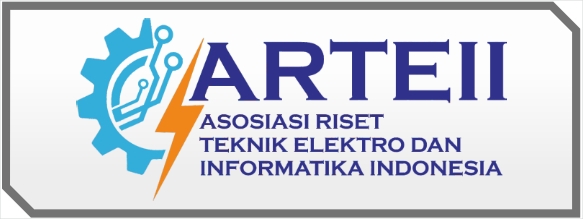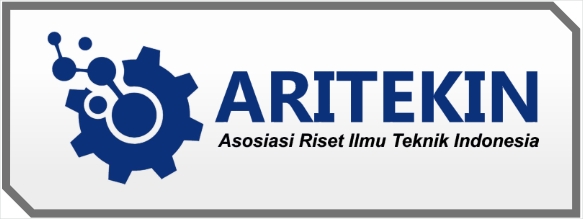Optimizing Organizational Performance : Exploring The Integration Of AI And HR Practices
DOI:
https://doi.org/10.55606/icesst.v1i2.381Keywords:
Artificial Intelligence (AI), Human Resources (HR) Practices, Organizational Excellence, Qualitative Research, Thematic AnalysisAbstract
In the rapidly evolving landscape of artificial intelligence (AI), optimizing human resources (HR) practices is imperative to foster organizational excellence. This qualitative research aims to explore the intersection of AI and HR practices to enhance organizational performance. The research adopts a qualitative approach utilizing in-depth interviews with HR professionals, AI specialists, and organizational leaders. Sampling techniques include purposive and snowball sampling to ensure diverse perspectives are captured. Data analysis involves thematic analysis, allowing for the identification of patterns and themes within the qualitative data. Preliminary findings indicate that organizations are increasingly leveraging AI to streamline HR processes, enhance talent acquisition, and improve employee engagement. Furthermore, the research reveals the significance of ethical considerations and human oversight in AI-driven HR practices. This study contributes to the growing discourse on AI integration in HR and provides insights for organizations aiming to navigate the AI-driven landscape while fostering excellence in HR practices.
References
Berg, B. L. (2009). "Qualitative Research Methods for the Social Sciences." Pearson Education.
Braun, V., & Clarke, V. (2006). "Using thematic analysis in psychology." Qualitative Research in Psychology, 3(2), 77-101.
Creswell, J. W., & Creswell, J. D. (2017). "Research Design: Qualitative, Quantitative, and Mixed Methods Approaches." Sage Publications.
Creswell, J. W., & Poth, C. N. (2018). "Qualitative Inquiry and Research Design: Choosing Among Five Approaches." Sage Publications.
Davenport, T. H., & Ronanki, R. (2018). "Artificial Intelligence for the Real World." Harvard Business Review. Retrieved from https://hbr.org/2018/01/artificial-intelligence-for-the-real-world
Kusnanto, E. (2022). Performance Measurement Based on Balance Scorecard Perspective of Sustainable Leadership, Corporate Governance and Human Capital in Banking Industry. International Journal of Contemporary Accounting, 4(1), 41–58. https://doi.org/10.25105/ijca.v4i1.13916
Palinkas, L. A., Horwitz, S. M., Green, C. A., Wisdom, J. P., Duan, N., & Hoagwood, K. (2015). "Purposeful Sampling for Qualitative Data Collection and Analysis in Mixed Method Implementation Research." Administration and Policy in Mental Health and Mental Health Services Research, 42(5), 533-544.
Schramm, W., & Wagner, S. (2022). "AI in HR: A Critical Review of Opportunities and Challenges." Journal of Management Information Systems, 39(1), 303-341.
Strohmeier, S., & Piazza, F. (2020). "People Analytics and Talent Management in the Age of Big Data: The Digital Workplace." Springer.
World Economic Forum. (2021). "The Future of Jobs Report 2020." Geneva, Switzerland: World Economic Forum.
Yeung, R. (2017). "Algorithms Rule: The Governance Implications of AI, Machine Learning, and Big Data for HR." Journal of Organizational Effectiveness: People and Performance, 4(2), 97-116.
Downloads
Published
How to Cite
Issue
Section
License
Copyright (c) 2022 The International Conference on Education, Social Sciences and Technology (ICESST)

This work is licensed under a Creative Commons Attribution-ShareAlike 4.0 International License.















